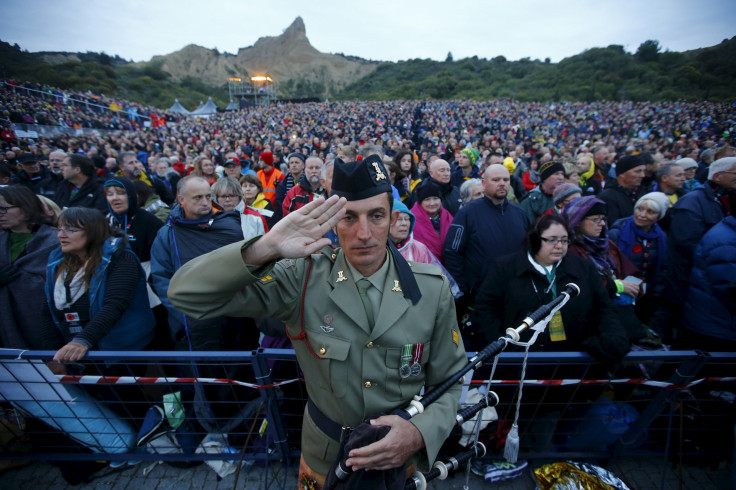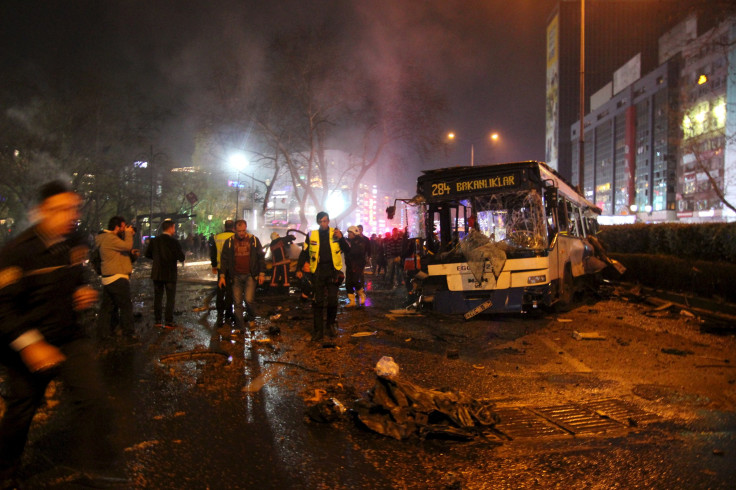Australians advised to reconsider travelling to Turkey in lead up to Anzac Day

In the lead up to Anzac Day 2016, the Federal Government has increased travel warnings for those travelling to Turkey in light of the country’s recent terrorist attacks.
Suicide bombings have killed more than 80 people this year in Istanbul and Ankara, causing the Department of Foreign Affairs to raise travel warnings to its second highest level.

The upgraded warnings have not been applied to the Gallipoli Peninsula and remains at advising travellers to exercise a “high degree of caution”.
“Australians travelling to the Anzac Day services should minimise any transit time spent in Istanbul and Ankara, including in tourist and other public areas,” Foreign Minister Julie Bishop said.
“Terrorist groups continue to threaten further attacks, including targeting tourists and westerners.”
According to figures by The Daily Telegraph, more than 10,000 Australians are expected to attend this year’s Anzac Day service at Gallipoli.
The Anzac Day service is held annually on April 25 to commemorate the 1915 landing of the Anzacs on the Gallipoli Peninsula in Turkey, and pay respect to those who died in the war.
The US State Department has also updated its travel warnings to Turkey this week, citing elevated risks of terrorism and warning that “foreign and U.S tourists have been explicitly targeted by international and indigenous terrorist organisations”.
Turkey has been hit by five terrorist attacks this year, including an attack in Ankara in early March which killed 37 people, and a suicide car bombing on Thursday that hit a police bus in Diyarbakir, killing seven.





















